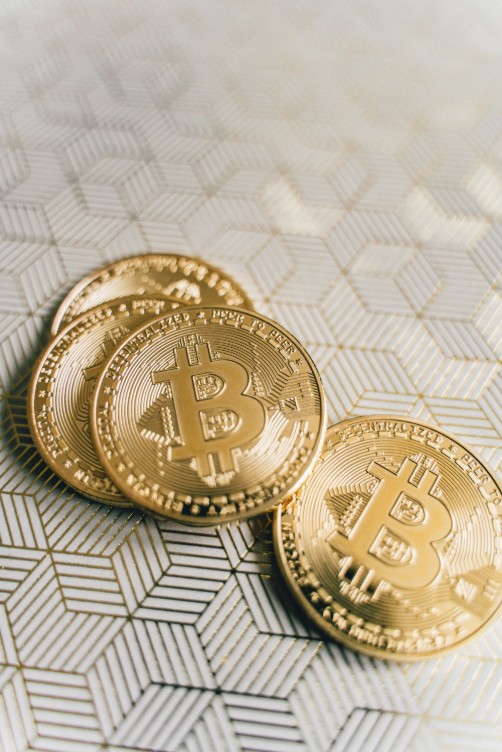The travel and tourism industry is actually one of the world’s largest industries, contributing about 10% of the world’s economy in 2024. That is not very surprising because humans generally love to travel, be it for leisure, visiting family and friends or just exploring. In fact, last year alone, approximately 1.4 billion international travelers were recorded worldwide. Being such a significant industry that handles about a fifth of the world’s population, it goes without saying that proper systems are key.
Unfortunately, things aren’t quite there yet. There are still a lot of double-booking cases, lost luggage, slow identity checks – you name it. But not for long because the travel industry is exploring various tech solutions to help fix the cracks in the systems. Blockchain is one of those solutions, having much potential to make travel faster, safer and more transparent. Let us discuss how it is affecting the industry and where it could take us next.
Faster and safer transactions
When travelling, we handle quite a number of transactions, from transport to accommodation, food, entertainment and everything in between. That usually involves a lot of back-and-forth, especially when using our credit cards or bank transfers. Let’s not even start on currency exchanges, where you could lose 5 – 15% of your money to exchange rates and other fees.
But with blockchain, things can be done differently because even digital assets like Solana are being used as currencies. No wonder the current Solana price has become relevant for more than just crypto traders.
Because blockchain is the underlying technology for several cryptocurrencies, you can opt for crypto-friendly platforms to allow you to actually pay for your flights or even accommodation using crypto.
That means, with blockchain, you are not limited to a particular currency or banking system, and you can transact across borders without the hefty foreign exchange fees. Other than saving you money, it saves you time because you don’t have to wait for bank processes as you seek approval of your transactions from one middleman to another.
Imagine a transaction that could take several business days if you used a bank can actually take less than five minutes if you transacted in a digital asset. Also, blockchain operates around the clock, so you don’t really have to worry about time differences when transacting because your payment can go through at any time. Not forgetting that blockchain-based transactions are also more secure, as every transaction is recorded transparently and is tamper-proof.
Seamless bookings
Sadly, we have repeatedly heard the stories where people book stuff online, only to arrive at the place and be told that their payment was never received or they are not on the list.
Luckily, blockchain is helping reduce such cases because, first of all, blockchain records cannot be altered, meaning once your booking is added to the chain, it cannot just ‘magically’ disappear. This ensures that fishy businesses like double-booking or over-booking are dealt with, and always gives you clear proof of your booking.
Also, with blockchain, you can enjoy the benefits of smart contracts, which remove the need for third parties, several of which have a record of rough play on travelers. So, in your booking, once you make full payment, whether it’s for a flight to France or a resort wedding in India, your reservation is automatically locked.
And in case of cancellations, your refund is also triggered automatically without you needing to chase anyone down. Now you don’t have to worry about agencies changing their terms on your arrival because the contracts self-execute based on pre-existing terms.
Blockchain-based companies like Travala already use smart contracts to manage their bookings, thus reducing customer disputes and winning their trust. They also get the advantage of verifying every user who interacts with their platforms through decentralised digital identity systems.
This helps them confirm that you are who you say you are, whether you are a traveler or a service provider listing a property. At least that reduces fake listing scams, which by the way, increased by about 500% on platforms like Booking.com between 2022 and 2023.
Future blockchain trends in travel
The hope for a decentralized travel ecosystem seems very much alive, especially now that more platforms are embracing blockchain and crypto. For example, you can pay for your flights on over 600 airlines using Bitcoin through Alternative Airlines. The Pavilions Hotels and Resorts also accepts crypto payments.
AirBaltic, other than being the first airline to accept direct crypto payments, also offers customers blockchain loyalty programs. All these examples just show that there might come a time when you could handle most of your travel on blockchain, cutting down on costs and middlemen.
It is also possible that we will soon swap our physical passports for blockchain-based digital identities, which will be stored securely on our devices. This would let us check in at airports and hotels much faster without giving up control of our personal data. It will also reduce the cases of lost or stolen travel documents, with 78 million such records reported to Interpol by 184 countries as of 2017.
As more travelers and service providers warm up to blockchain, its effects in the travel industry look promising. Our travel experiences are actually getting faster, cheaper and more secure through this technology, and we can only expect more.
